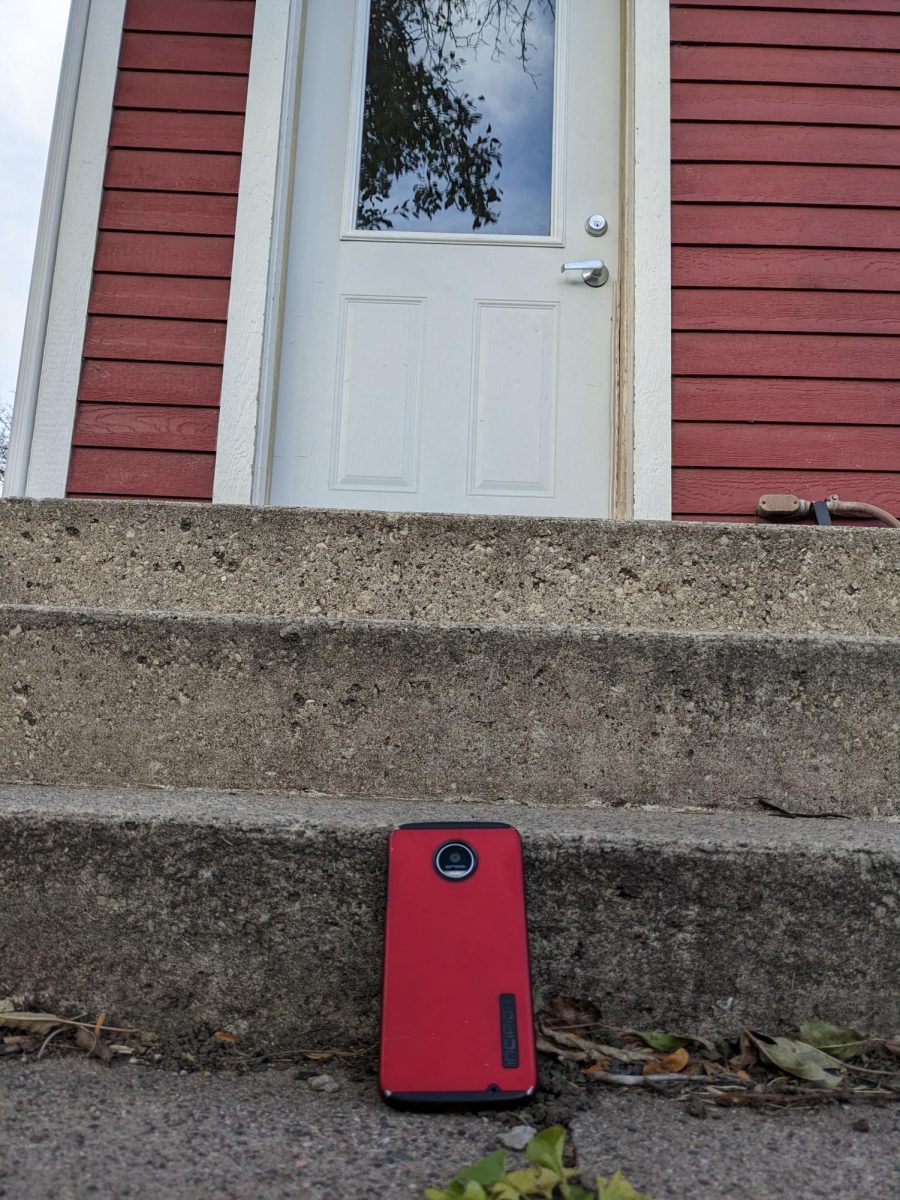Anniversaries are typically days of grand celebrations, gift-giving, and recounting pleasant and unforgettable memories. On March 12, 2020, however, the students of Viterbo University celebrate an impressive, albeit grim, milestone. A year ago, on this special date, Viterbo announced it would be shutting its physical doors and going digital to protect the community from the threats of a brand-new virus: COVID-19.
On January 21, 2020, the Center for Disease Control announced that for the first time ever, a case of this new Coronavirus had been detected in California. To many, it seemed like a small problem for our country. The idea of one case spreading across an entire nation sounded preposterous, but quickly the distant nightmare became a horrific reality. Not even two months later, the United States government officially declared a national emergency, and the arduous fight against the spread had only begun.
Within an instant, life as we knew it had changed. Businesses shut down, travel plans were canceled, and a new normal was involuntarily adopted by most of the country. On April 8, 2020, New Jersey became the first state to enforce masks at essential businesses and construction sites, paving the way for the uncomfortable fashion statement. As our citizens scrambled for N-95’s and toilet paper, it became obvious that the pandemic was here to stay.
At the moment of this writing, COVID-19 has taken the lives of 538,628 American people. 538,628 lives have been taken in the United States since January 21, 2020. 538,628 individual stories that prematurely ended, and for what? As much as people like to point blame in these situations, it has little effect on anything. We could blame the U.S. government for a lukewarm response, or the Chinese government for mishandling the outbreak in the first place. We could blame the citizens of our country for irresponsibly abandoning stay-at-home orders, or we could blame the sick for putting themselves in dangerous situations. Ultimately, while blame may bring temporary solace to the grieving, it can never make sense of such a bone–chilling number of deaths.
Interestingly, the pandemic soon became a matter of opinion to some. Early in the virus’ life, many skeptics doubted the existence of such a deadly infection. The U.S. saw a peculiar divide between political parties, politicizing scientific facts and reshaping COVID-19 warnings as matters of opinion. Many who detested masks would refuse to use them, justifying this by claiming they were unconstitutional. Despite stay-at-home orders and government shutdowns, people desperately sought to keep the normalcy of life flowing. Due to pandemic burnout, rumors began to spread that teenagers were hosting “COVID parties” to purposefully get the disease in their bodies, trying to move the country towards herd immunity while ignoring the serious health concerns that came with infection.
Uncomfortableness soon became madness for many Americans as their businesses were permanently closed, their finances drained, and, for many families, their loved ones permanently lost. These troubling times soon caused 41% of Americans to experience anxiety and/or depressive disorder. For those lucky enough to not get the disease, COVID-19 was still inescapable. The butterfly effect of its potency has touched the lives of people across the globe and continues to haunt our daily lives.
While darkness sweeps over our planet, a glimmer of hope presents itself in the form of a magical liquid. After months of arduous scientific testing, the end of 2020 saw the entrance of the world’s only hope: vaccines. On December 14, 2020, New York nurse Sandra Lindsay became the first American to receive a COVID-19 vaccine and a new wave of hope was instilled in the American public. At last, American citizens could take an active step in combatting the long-lasting nightmare and inch the country towards a COVID-free era. The media raved about the pandemic finally ending, people sighed with relief, and everyone eagerly anticipated the return to normalcy. Unfortunately, time would soon reveal these emotions as nothing short of naïve.
Three months have passed since the first vaccinations and yet the world has barely changed. Why? For starters, the rollout of the vaccines has been an abomination, and while production of the miracle juice is rapidly increasing, only 9.2% of all Americans have received both necessary doses. But this is just because of the slow rollout, right? Obviously, when enough vaccines are made, everybody will take them, right? Not exactly.
While statistics are spotty, publications estimate that almost half of all adult Americans are hesitant to receive the vaccine. Data shows that around 70% of the population would need a vaccination in order to beat the virus. So, this is a problem. Over the last few months, vaccine misinformation has spread like wildfire. To some, the issue is as politicized as the pandemic itself, and to others, a lack of facts has led them to believe the vaccine is either dangerous, immoral, or a form of mind control. However, looking at the actual data, one will see that the vaccine is safe, reliable, and necessary to save the lives of thousands. For those of us desiring a return to normalcy, getting vaccinated is the only logical option. 538,628 lives have been lost already, and even one more at the hand of negligence is too many.



